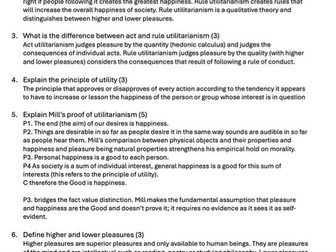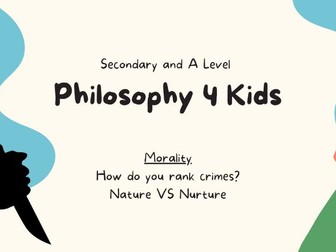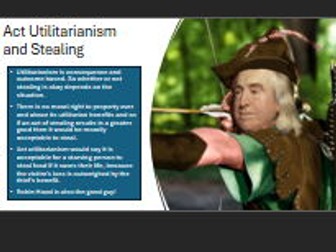Moral Philosophy - Virtue Ethics
<p>This resources contains all materials needed for Aristotelian Virtue Ethics, as part of the ‘Moral Philosophy’ section of the AQA A-Level Philosophy course. All theories, criticisms and defences are included, alongside relevant exam practice and questions to probe student understanding. For additional activities, please use the official AQA A-Level Philosophy textbook.</p>
<p>Resources includes:</p>
<ul>
<li>Function of the soul</li>
<li>Moral responsibility</li>
<li>Virtue and vice</li>
<li>Doctrine of the Mean</li>
<li>The role of practical wisdom/reasoning</li>
<li>Eudaimonia</li>
<li>Strengths and issues</li>
<li>Application to the eight suggested scenarios</li>
</ul>
<p>Please note: any additional materials or images/videos contained herewithin are not owned by me and I claim no ownership of them. Please follow the URL for direction to the original designer/creator.</p>
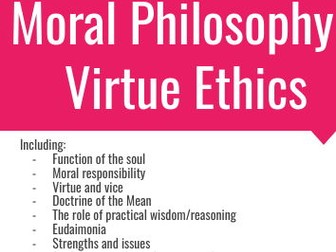
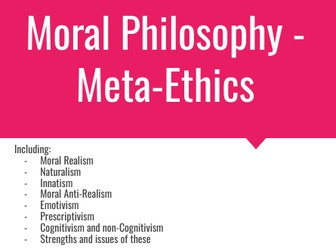

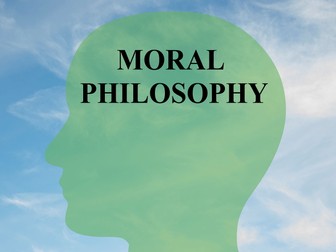
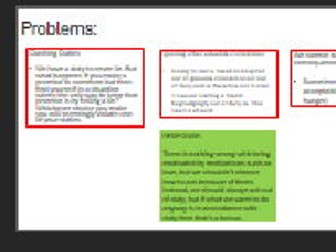
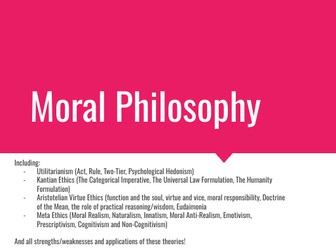
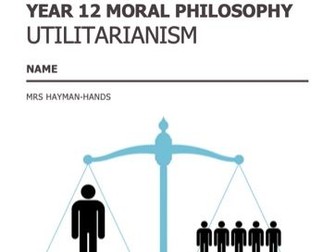
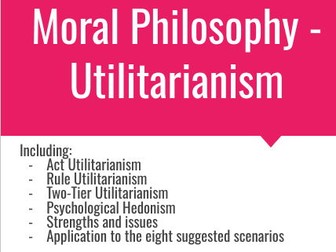
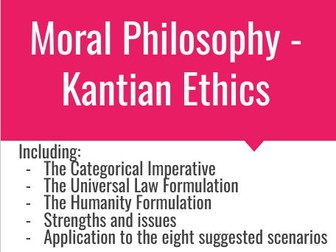
!['What Does it Mean to be Moral?' -KS3- Moral Philosophy, Animal Rights & Religion [7 Lessons]](https://l.imgt.es/resource-preview-imgs/5fb4f0e5-c049-4604-b7d0-6c9e92b5518b%2FUntitled44.jpg?profile=res-img-med-legacy-v2)
